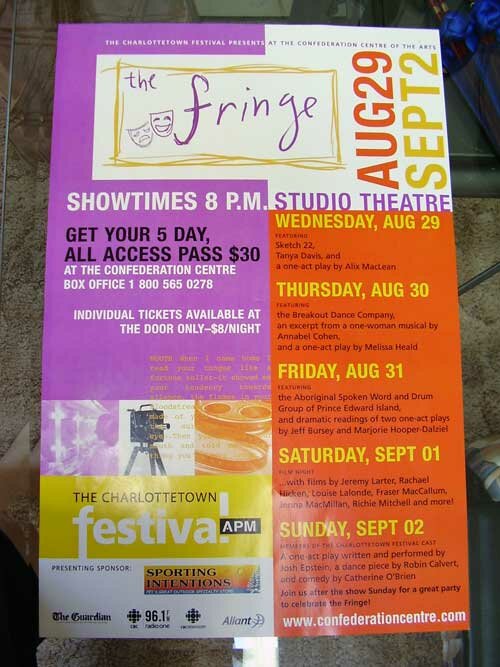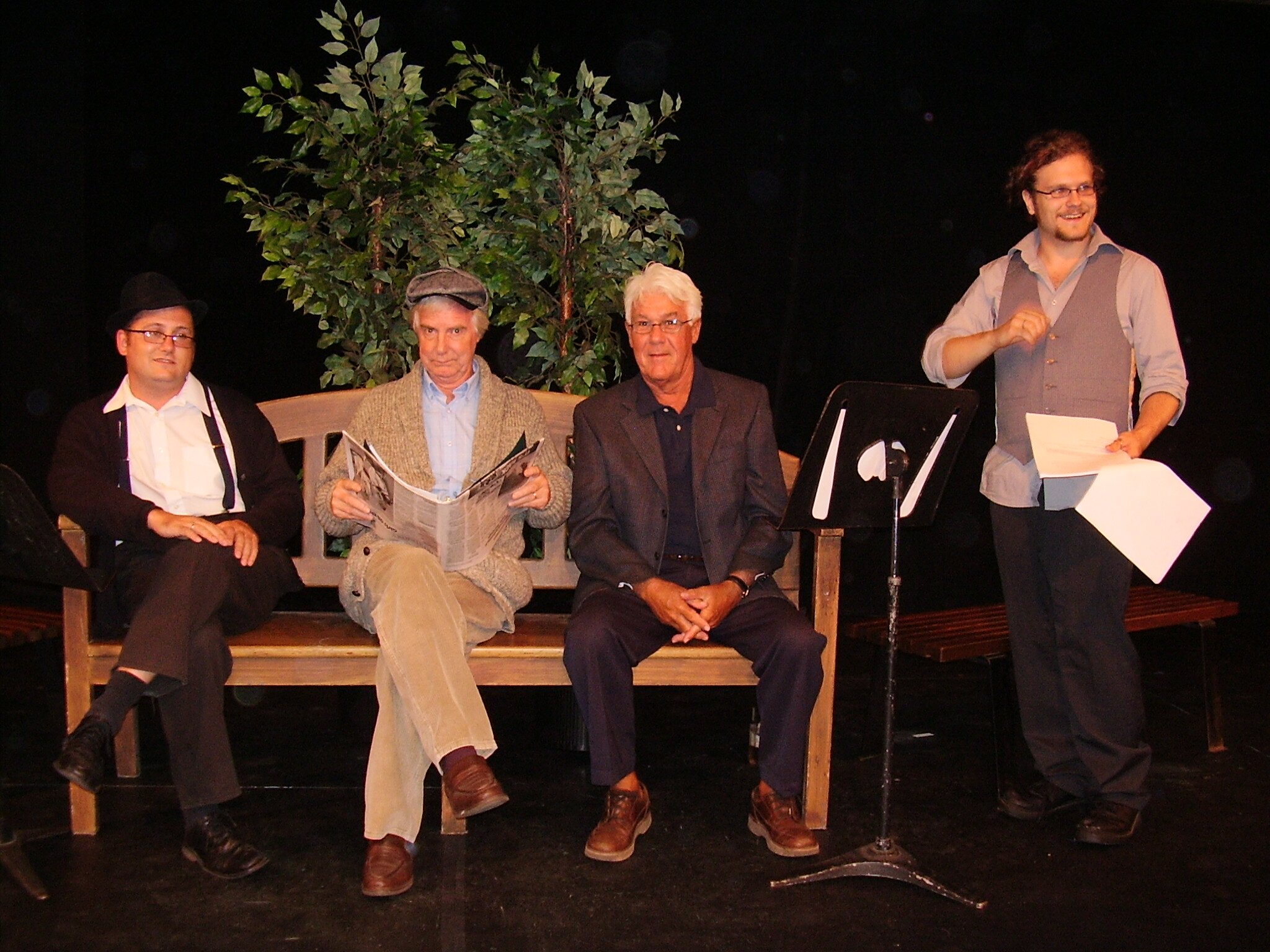
The Benches
Three men seated on park benches mull over a sequence of apparently unrelated topics: Do trees exist? Is history news? Who are we to others? In the mouths of these amicably quarrelsome men, trivia becomes an essential element in their lives. Their routine is interrupted by encounters with an irascible blind man, and a freshly released convict plagued by a recurring nightmare. Do they offer help and advice, or nothing at all? In a world that has left them behind, what role should they play, if indeed they can play any?
The Benches brings together, in allusive fashion, three separate strands. The first comprises two myths: Odysseus returning from the Trojan War, and the Three Wise Men of the Nativity story. The second strand illustrates how the reworked tales are set inside the artificiality of a stage setting, which simultaneously removes any pretense at verisimilitude while invoking meta-theatricality. The third strand has to do with how the first and second strands are presented, using the familiar motif of three down-at-heel men as they fumble towards significance--ephemeral, perhaps illusory--in their lives. They're perched on seats looking into the edge of oblivion.
The stage world of these men is a conflation of the past and the present, of absurdity and precision, of humanity and callousness. Though the content lends itself to comic treatment, there is present at all times a respect for the dignified characters who grapple with how to make sense of their lives in a world that has largely vanished. Or become a myth itself.

Richard Haines (Thomas), Hank Stinson (Ernest), Paul Whelan (Henry), and Nick Graveline (Donavan)